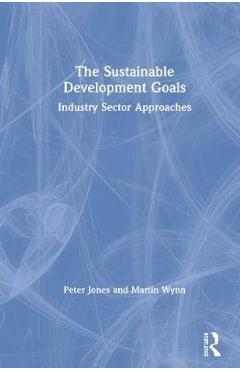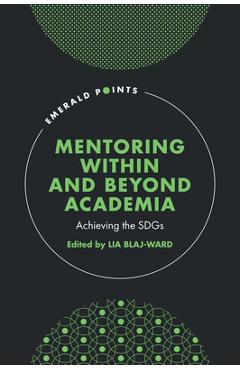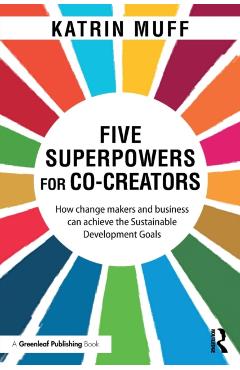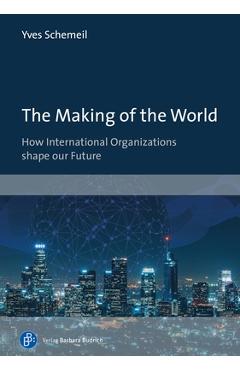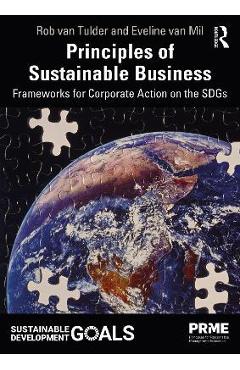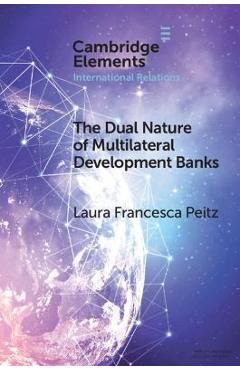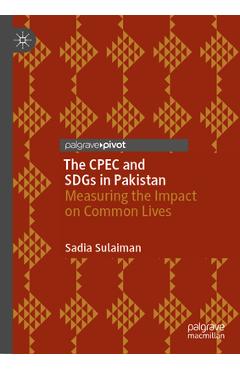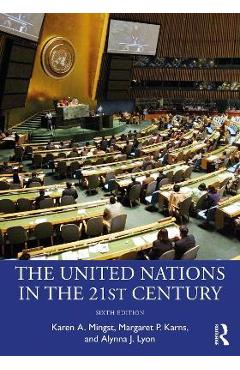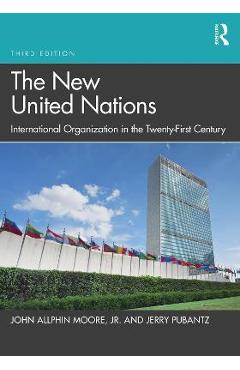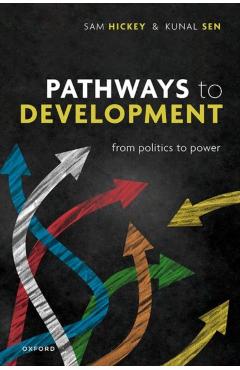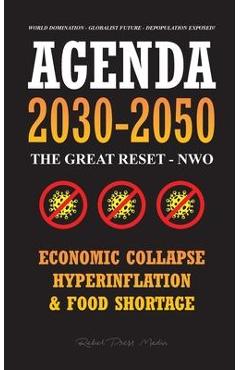The Palgrave Handbook of Development Cooperation for Achieving the 2030 Agenda: Contested Collaboration
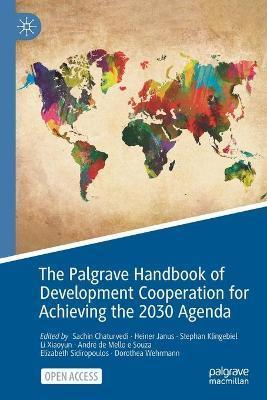
The Palgrave Handbook of Development Cooperation for Achieving the 2030 Agenda: Contested Collaboration
Introduction: Contestation and Collaboration: Effective Development Cooperation for Achieving the 2030 Agenda.- Section 1: Changing Context of Development Cooperation - Current Narratives and Trends Chapter 1: An evolving shared concept of Development Cooperation (Milindo Chakrabarti and Sachin Chaturvedi, Research and Information System for Developing Countries, India).-
Chapter 2: The globalisation of foreign aid: Global influences and the diffusion of aid priorities (Liam Swiss, Memorial University).-
Chapter 3: Southernization of OECD's ODA approach (Paulo Esteves, BRICS Policy Center, Brazil / Stephan Klingebiel, DIE).-
Chapter 4: Conceptualising ideational convergence of Chinese and "Western" aid (Heiner Janus, DIE / Tang Lixia, China Agricultural University).-
Section 2: Global Development Norms and Institutional Architecture - Points of Convergence and Divergence Chapter 5: How to govern a global development cooperation regime? (André de Mello e Souza, Institute for Applied Economic Research, Brazil).-
Chapter 6: The position of development policy: a functional definition(Adolf Kloke-Lesch, Sustainable Development Solutions Network Germany).-
Chapter 7: The past and future of the emerging economies and the GPEDC: points of convergence and divergence (Gerardo Bracho, Centre for Global Cooperation Research).-
Chapter 8: Should China join the GPEDC? The prospects for China and the Global Partnership for Effective Development Co-operation(Qi Gubo, China Agricultural University / Li Xiaoyun, China Agricultural University).-
Section 3: Measurements of Development Cooperation - Frameworks and Theories for Assessments: Development Cooperation Chapter 9: 'From billions to trillions': Measuring financing the SDGs in a world 'beyond aid' (Emma Mawdsley, University of Cambridge).-
Chapter 10: Future of the GPEDC Monitoring Framework (Debapriya Bhattacharya, Centre for Policy Dialogue).-
Chapter 11: Monitoring and evaluation in South-South Cooperation: the case of CPEC in Pakistan (Murad Ali, DIE).-
Chapter 12: African civil society organizations: Monitoring and Evaluation of CSO programmes (Fanwell Kenala Bokosi, AFRODAD).-
Section 4: Multi-level perspectives on development cooperation for achieving the SDGs Domestic:
Chapter 13: South Africa's changing role in development structures: Being in them but not of them (Elizabeth Sidiropoulos, South African Institute of International Affairs (SAI
PRP: 464.91 Lei
Acesta este Pretul Recomandat de Producator. Pretul de vanzare al produsului este afisat mai jos.
418.42Lei
418.42Lei
464.91 LeiLivrare in 2-4 saptamani
Descrierea produsului
Introduction: Contestation and Collaboration: Effective Development Cooperation for Achieving the 2030 Agenda.- Section 1: Changing Context of Development Cooperation - Current Narratives and Trends Chapter 1: An evolving shared concept of Development Cooperation (Milindo Chakrabarti and Sachin Chaturvedi, Research and Information System for Developing Countries, India).-
Chapter 2: The globalisation of foreign aid: Global influences and the diffusion of aid priorities (Liam Swiss, Memorial University).-
Chapter 3: Southernization of OECD's ODA approach (Paulo Esteves, BRICS Policy Center, Brazil / Stephan Klingebiel, DIE).-
Chapter 4: Conceptualising ideational convergence of Chinese and "Western" aid (Heiner Janus, DIE / Tang Lixia, China Agricultural University).-
Section 2: Global Development Norms and Institutional Architecture - Points of Convergence and Divergence Chapter 5: How to govern a global development cooperation regime? (André de Mello e Souza, Institute for Applied Economic Research, Brazil).-
Chapter 6: The position of development policy: a functional definition(Adolf Kloke-Lesch, Sustainable Development Solutions Network Germany).-
Chapter 7: The past and future of the emerging economies and the GPEDC: points of convergence and divergence (Gerardo Bracho, Centre for Global Cooperation Research).-
Chapter 8: Should China join the GPEDC? The prospects for China and the Global Partnership for Effective Development Co-operation(Qi Gubo, China Agricultural University / Li Xiaoyun, China Agricultural University).-
Section 3: Measurements of Development Cooperation - Frameworks and Theories for Assessments: Development Cooperation Chapter 9: 'From billions to trillions': Measuring financing the SDGs in a world 'beyond aid' (Emma Mawdsley, University of Cambridge).-
Chapter 10: Future of the GPEDC Monitoring Framework (Debapriya Bhattacharya, Centre for Policy Dialogue).-
Chapter 11: Monitoring and evaluation in South-South Cooperation: the case of CPEC in Pakistan (Murad Ali, DIE).-
Chapter 12: African civil society organizations: Monitoring and Evaluation of CSO programmes (Fanwell Kenala Bokosi, AFRODAD).-
Section 4: Multi-level perspectives on development cooperation for achieving the SDGs Domestic:
Chapter 13: South Africa's changing role in development structures: Being in them but not of them (Elizabeth Sidiropoulos, South African Institute of International Affairs (SAI
Detaliile produsului









